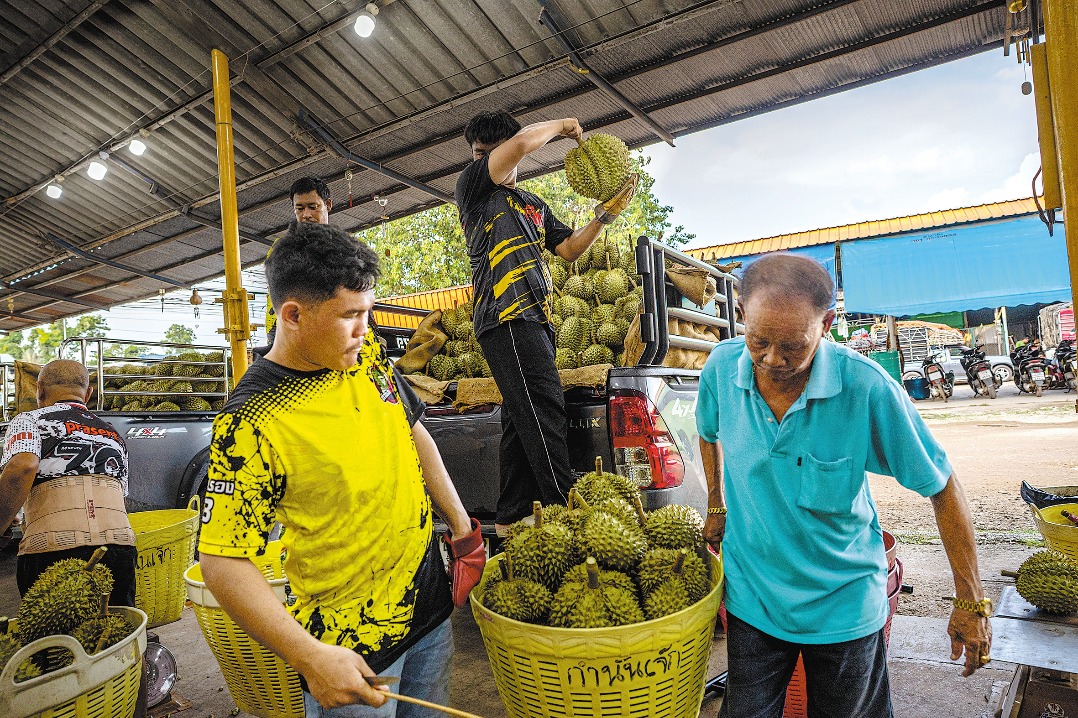ASEAN publishes guide on AI governance
By PRIME SARMIENTO in Hong Kong | China Daily | Updated: 2024-02-05 09:54

The publication of a guide for artificial intelligence governance by the Association of Southeast Asian Nations is in line with the group's goal to establish policies and guidance that can promote technologies in a "responsible and secure manner", which can contribute significantly to global AI discussion, analysts say.
The two-day 4th ASEAN Digital Ministers Meeting in Singapore concluded on Friday and unveiled the ASEAN Guide on AI Governance and Ethics, saying it will serve as a "practical and implementable tool" to support the deployment of AI solutions in the region.
The guide includes national and regional recommendations that member countries can consider in deploying AI systems for its diverse and tech-savvy population.
Josephine Teo, communications and information minister of Singapore and rotating chair of the ministerial meeting, said the current wave of digital technology has the potential to sow distrust.
"Misinformation and disinformation can be supercharged with deepfakes generated by AI. All governments will be challenged to ensure that digital developments are built upon a strong foundation of trust," Teo said.
The guide arrives amid global debate about how to set up guardrails that will ensure that this emerging technology will remain safe and ethical.
Elina Noor, senior fellow in the Asia Program at the Carnegie Endowment for International Peace, said ASEAN needs to be bolder in its contributions to global AI discussions, with proposals based on the region's experience with technology.
"We tend to consider AI in a time bubble of the present and the future without a fuller reflection of how the fundamental basis of AI, which is data, has shaped and will continue to shape different aspects of our society."
Kan Min Yen, an associate professor of the National University of Singapore's School of Computing, said ASEAN is a "critical region" for AI governance because it will benefit from "appropriate AI penetration and rollout".
"Current AI systems are trained on data mostly unrepresentative of ASEAN citizens," Kan said, adding that ASEAN's local languages, cultural norms and even everyday objects are not well represented in data used for AI system training.
Dominic Ligot, executive director of Data Ethics PH in Manila, said ASEAN can play a big role on cross-border dialogue on emerging best practices in AI and the syndication of regional funds and resource pools to encourage innovation within the region.
























